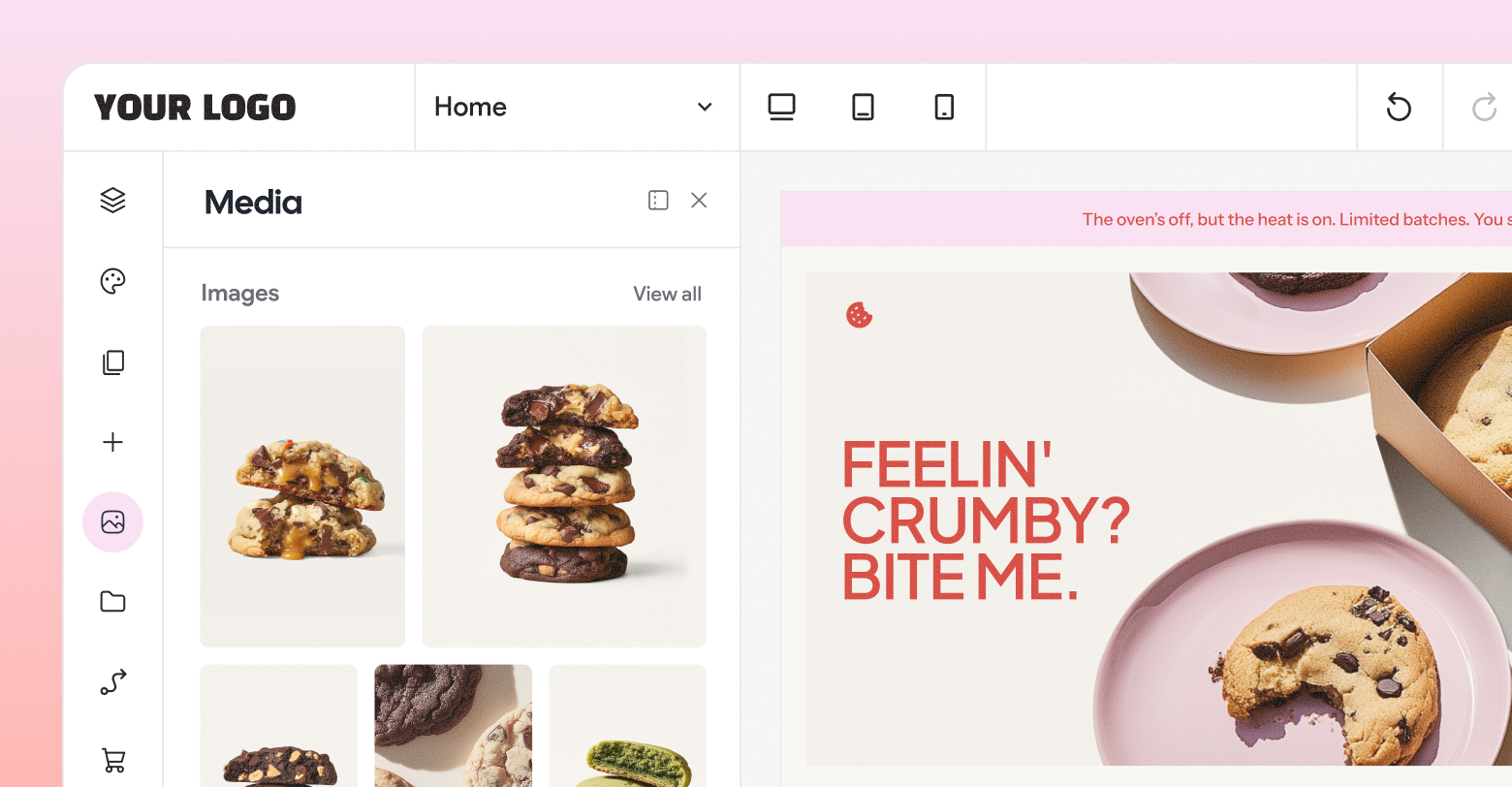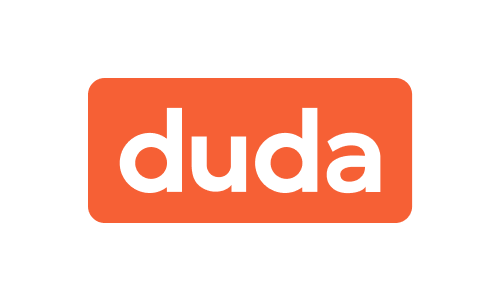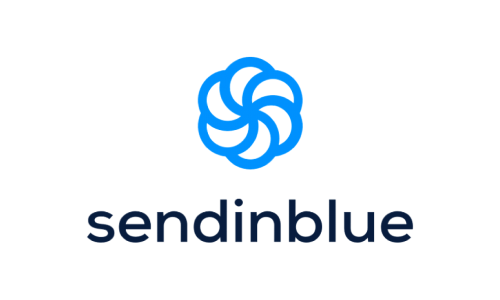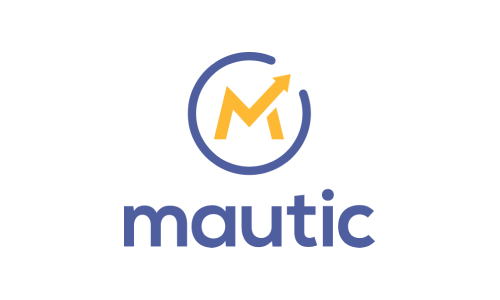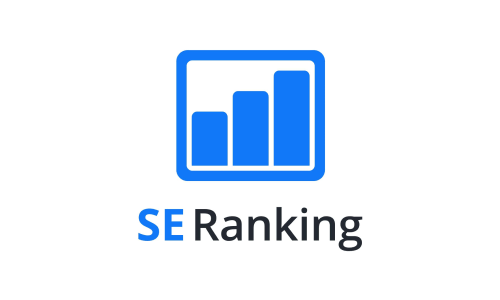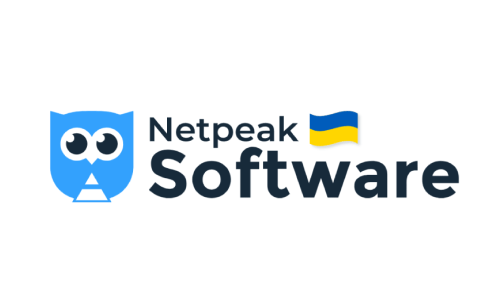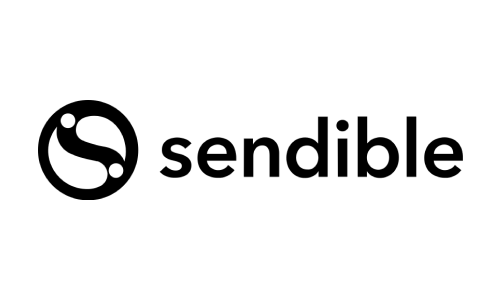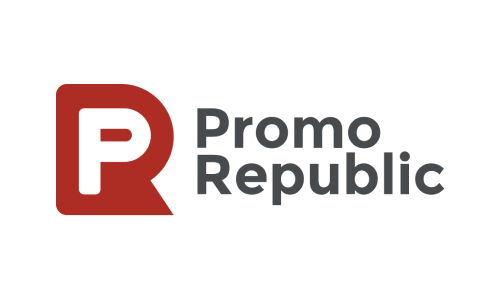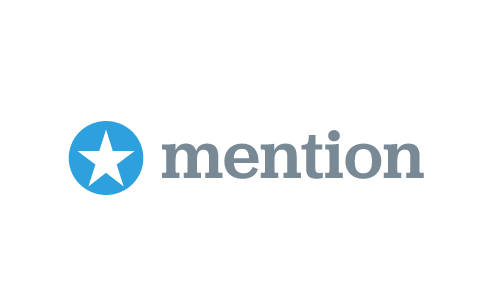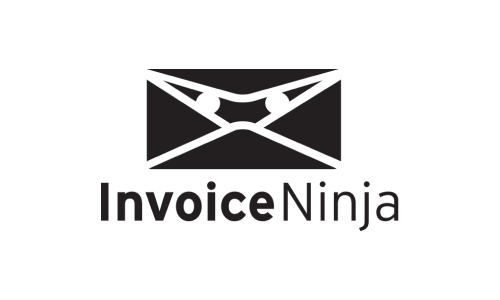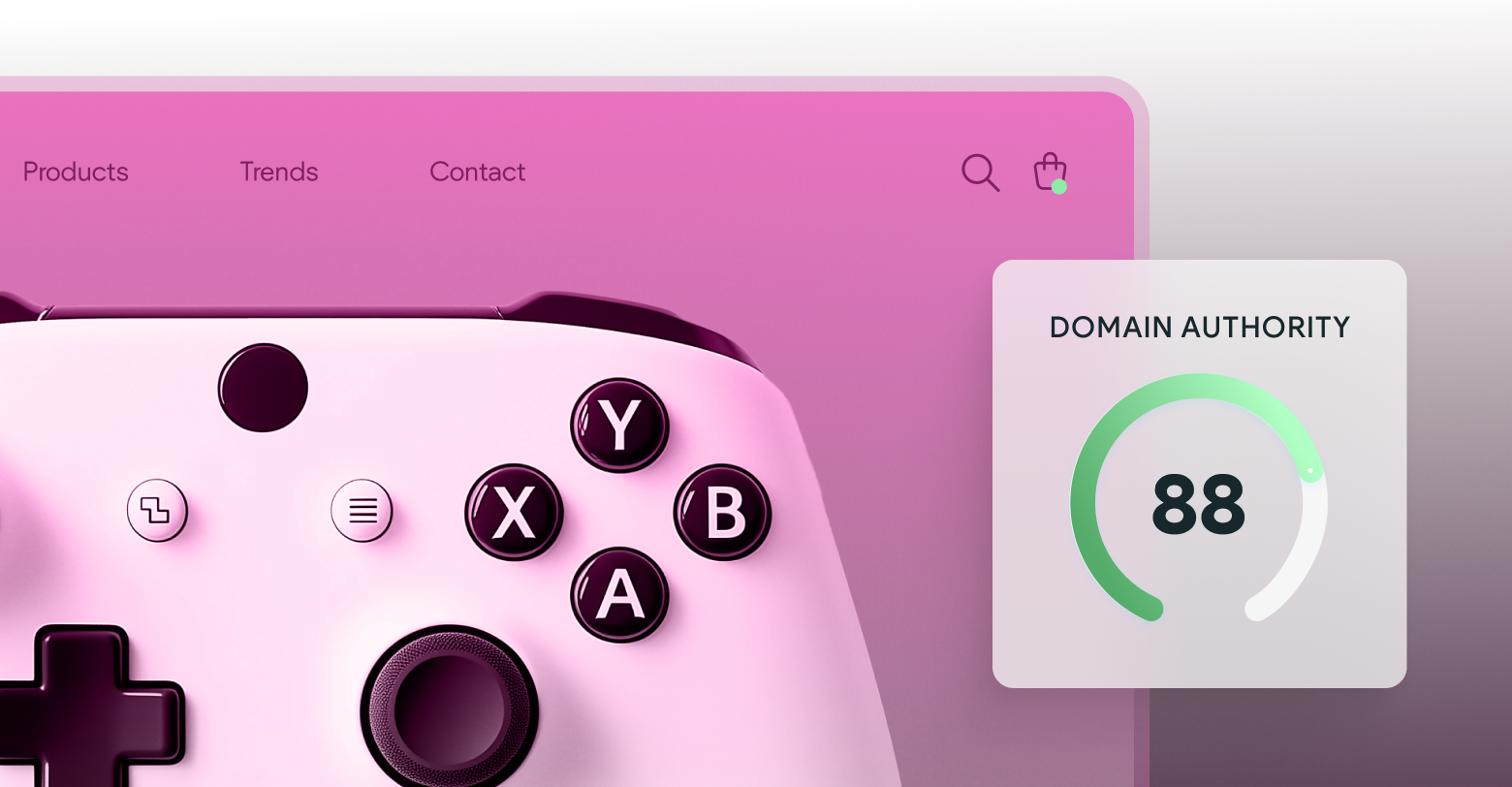Branding, meeting clients' expectations, providing quality services for small businesses, personalization, you name it, marketing agencies need it.
They find all these and more with
white-label tools and marketing software that allow them to practice white label marketing.
But what is a white label tool? And what is a white label marketing strategy?
A white label tool is a tool that is developed and maintained by a third-party company but is branded with the original company’s (in our case, agency) own branding (such as logo and name). White label tools are often used by web design and development agencies to offer their clients a complete solution.
White label marketing, also known as private label marketing, is a strategy many companies use to help them grow their brand. With this strategy, companies (and digital marketing agencies) can offer products and services through other companies without having to invest in building a brand or company from scratch. In other words, using the brand of one company to sell the goods or services of another.
O.k. so we covered the ‘what'. Now it’s time to cover the ‘why’.
Why are white label tools important for agencies?
Let’s start with the obvious: If you're an agency, you know that one of the most important things you can offer your clients is a comprehensive suite of marketing tools. But what if you don't have the time or resources to develop those tools? What if you just want to focus on your core business? That's where white label marketing tools come in.
1. Offering a wider range of services
White label tools allow agencies to offer clients a wider range of services (from email marketing to PPC to social media management). By reselling these tools, agencies can access a larger pool of potential customers and offer them a more comprehensive suite of services. So yes, it helps with lead generation or, in simple words, with obtaining new clients.
2. Presenting your brand consistently
But besides the added functionality, the fact that it’s under the agency’s branding is critical -- branding matters.
Although it is sometimes hard to measure branding impact, this
survey by Lucidpress & Demand Metric, found that presenting a brand consistently across all platforms can increase revenue by up to 23%!
3. Building deeper relationships with clients
In addition, white label tools allow agencies to build deeper relationships with their clients. By offering these tools, agencies can show their clients that they are invested in their success and are willing to go the extra mile to help them achieve their goals.
4. Helping with differentiation
White label tools also provide agencies with a way to differentiate themselves from their competitors, making their agency stand out in a competitive market. By offering unique and innovative solutions, agencies can show that they are leaders in their field and are always looking for new ways to innovate.
5. Getting expert support
Another thing to note is that with white label software agencies benefit from expert support. When you use white label marketing tools, you have access to a team of experts who can help you with any questions or problems. This piece of mind is priceless when it comes to running your agency.
White label tools for agencies - The complete list
With their many benefits, it's easy to see why white label tools are an essential part of any agency's toolkit. But which white label tools should you choose for your agency? There are so many. That’s where we come in.
This article offers a comprehensive list of the best white label tools for agencies
1. Duda - White Label Website Builder
With all modesty, Duda is THE
white label website builder for agencies.
Targeting agencies specifically, Duda offers a wide range of features tailored especially for agencies, enabling agencies to create and manage top-performing websites for their clients, under their brand.
Duda provides everything an agency needs to build and grow its business, including a drag-and-drop website builder, customizable templates,
client management and
team collaboration tools (e.g. centralized client dashboard, client billing, analytics dashboard, client permissions), SEO optimization features, various apps for added functionalities and more.
In the white label arena, the agency’s brand is front and center; everything has the agency’s branding presented; the client login screen, the editor (CMS), the billing operation, the support portal (for the agency clients) and even email communications, all are white labeled.
2. ReviewsOnMyWebsite - White Label Review Management Software
ReviewsOnMyWebsite offers a
white label review management software agencies can use to sell online reputation management services to clients.
To get started, all you need to do is sign up, connect a custom domain (optional), and sell the service to your clients.
You can then use ReviewsOnMyWebsite to monitor 27 review platforms (including Google, Facebook, and Yelp) for customer reviews.
And reply to every review from the software’s review feed. There’s also an AI-powered response feature which allows you to generate personalized replies in seconds.
ReviewsOnMyWebsite doesn’t just help you manage customer reviews for your clients. You can also use it to generate more reviews, thanks to automated email and SMS reminders.
Then, there’s the review widget feature, which allows you to display top customer reviews on a client’s website. And a social sharing feature, which helps you share top customer reviews to your client’s social media pages in a few clicks.
3. Sendinblue - White Label Email Marketing Platform
Sendinblue is a white label tool that allows agencies to create and manage email marketing campaigns and SMS messaging.
With Sendinblue, agencies can offer their clients a complete suite of email marketing services, including campaign creation (white label drag-and-drop email editor), design, deployment, and reporting. All of this can be done under the agency's brand, making it easy to deliver a seamless customer experience.
Moreover, Sendinblue's is highly customizable, so agencies can tailor it to match their specific business needs. This makes it easy to scale up or down as needed, without incurring any unnecessary costs.
4. Mautic - Free White Label Marketing Automation
Mautic (acquired by Acquia) can be valuable to an agency’s toolkit.
Mautic's powerful automation features can help you streamline your client workflows, and the built-in CRM integration makes it easy to keep track of leads and customers. Plus, Mautic's reporting tools deliver marketing reports that give valuable insights into your marketing campaigns.
With Mautic, you can easily add white label branding, including your own logo, colors, and contact information. Mautic's white label features also allow you to customize the software to match your brand.
Another option for automation software for agencies is
HubSpot. The king of inbound marketing is a well-established automation tool that made a name for itself in the marketing automation sphere.
While not a complete white label tool, it does offer a
Solutions Partner Program.
HubSpot's Solutions Partner Program is designed for agencies who want to resell HubSpot's marketing automation software to their clients. As a HubSpot Solutions Partner, you'll have access to a white label version of the HubSpot software, which you can brand with your agency's logo and colors. You'll also receive training and support from HubSpot, so you can be sure that you're providing your clients with the best possible service.
5. SE Ranking - White Label SEO Tool
SE Ranking is an all-in-one platform for agencies managing SEO projects and one of the known tools in the ecosystem of white label tools for agencies.
The software provides agencies with powerful tools to help them get the most out of their SEO campaigns, including keyword research, rank tracking, competitor analysis, website auditing and backlink analysis.
SE Ranking also offers a range of features specifically designed for agencies, such as agency branding and client SEO reporting (so they can monitor and optimize their campaigns). With SE Ranking, agencies can streamline their workflow and deliver better client results.
As for white label features, SE Ranking allows you to brand the tool as your own SEO software, including your domain name and logo, and the ability to generate reports and proposals branded with your agency's logo and contact details.
6. Netpeak Spider - White Label SEO Crawler and SEO Audit Tool
Netpeak Spider is a desktop SEO crawler that helps audit websites for common SEO issues. It is excellent for finding broken links, missing images, duplicate content, and other problems that can hurt a website's ranking in search engines. What else? It provides error alerts and integration with Google Analytics and the Search Console.
And best of all, it's white label (for pro plans), so you can easily brand it with your logo and include it in your reports, which will surely help in the pre-sales stage of your agency’s SEO services.
7. Sendible - Social Media Marketing Management
Like other social media management software,
Sendible enables agencies to manage multiple social media accounts, publish content, track results, and collaborate with team members all in one place, making it easy to keep track of everything.
Plus, Sendible offers a variety of features that make social media management a breeze, from scheduling and content curation to reporting and analytics. And because Sendible is a white label solution, you can brand it with your logo and colors, with your domain name, and even branded email notifications, so it will look like your very own social media management tool.
8. PromoRepublic - Social Media Marketing Management
From custom branding to white label reporting,
PromoRepublic has everything you need to streamline your social media management as an agency. Starting with advanced collaboration features and right down to white label options, PromoRepublic has the Agency's best interests at heart.
Their white label calendar is a great way for agencies to stay organized and provide your clients with a valuable tool that they can use to plan their social media content. Their white label branding means that your clients will see your agency's name and logo every time they use the calendar.
And if you're looking for even more value-added services, PromoRepublic also offers white label reports. These reports give you an in-depth look at your client's social media performance and help you identify areas where they can improve. Plus, they're branded with your agency's logo and contact information, so your clients will always know who to turn to for help.
9. Mention - White Label Media Monitoring Tool/White Label Branding Tool
Mention is one of the leading white label media monitoring tools (or reputation management tools) on the market and a great example of a white label tool that can help you save time and deliver a better experience to your clients.
With Mention, you can track online mentions of your clients' brands in real-time, analyze sentiment, quickly set up custom alerts, and generate detailed reports - all branded with your logo and contact information.
10. Invoice Ninja - White Label Invoicing & Payment Software
As an agency, you need to be able to invoice your clients quickly and easily for the work you've done.
Invoice Ninja is the perfect tool for this, allowing you to create professional invoices in just a few minutes.
You can also track expenses and billable tasks to see precisely how much each project is costing you. This makes it easy to stay on budget and avoid any nasty surprises. The robust reporting features give you insights into your business that can help you optimize your workflow.
The white label feature ensures that your clients only see your logo and information on the invoices. Plus, all outgoing emails will come from your own email address, giving your clients a seamless experience.
11. BotPenguin - White Label AI Voice Agent Builder
BotPenguin's
White Label AI Voice Agent Builder is ideal for agencies seeking to offer branded, AI-powered voice assistants without requiring extensive development.
With its no-code interface, agencies can launch voice agents for calls, bookings, support, and more—fully customized to their brand.
The platform provides complete customization, from logos and domains to dashboards and signup experiences, ensuring brand consistency. Agencies can set their own pricing, onboard unlimited clients, and manage subscriptions and billing through an easy-to-use partner dashboard.
BotPenguin integrates with over 80 tools, including CRMs, calendars, and payment gateways. This enables end-users to automate workflows, such as lead qualification, appointment scheduling, and support.
The platform also supports multilingual conversations, AI model integrations, and smart human handovers, making it ideal for a variety of industries.
With dedicated support, training, and resources, BotPenguin helps agencies grow their voice agent offerings and better serve their clients.
Additional white label tools for agencies
That’s not the end of it. There are plenty more white label tools agencies can benefit from:
- ProofHub - a top-rated project management tool that can help you streamline your workflow and improve communication with your team. ProofHub also offers several features specifically designed for agencies, such as team collaboration, client portals, and task management.
- Lumen5 - a video creation platform that offers agencies white label tools to create stunning videos for their clients, Lumen5 makes it easy to create videos that are both creative and professional without spending hours in front of a computer.
- Xtensio - Xtensio is a white label presentation tool that allows you to create and customize presentations for your clients. With Xtensio, you can easily brand presentations with your agency's logo and colors and include custom content to showcase your work.
- Monday.com - Monday.com is the leading project management platform that helps you easily organize and track your projects. With Monday, you can create custom workflows, assign tasks, and get an overview of your project's progress. Monday's white label tools allow agencies to brand their Monday account with their logo and branding. This makes it easy for agencies to keep track of their projects and clients and makes Monday an essential tool for any agency.
- Service Provider Pro - this client portal software allows you to manage all your client relationships in one place, from initial contact to project delivery and invoicing.
- Google Data Studio - with Data Studio, you can easily create stunning reports and dashboards that your clients will love. And best of all, it's free!
And the list goes on...
If you’re looking for some more tools, check out these:
- OptinMonster
- SEMrush
- ActiveCampaign
- Serpstat
- Moosend
- DashThis
- BrightEdge
- Databox
- Proposify
- WordStream
- Landingi
- Agency Analytics
- Ahrefs
- AuthorityLabs
- Whatagraph
- Buildfire
- Sitechecker
Final thoughts
There are a lot of white label tools out there that can help agencies with their work. But how do you know which one to pick?
Here are a few things to consider when choosing a white label tool:
- What kind of work will you be using it for? Different types of white label tools are designed for different types of work. For example, some are designed specifically for SEO while others are more general-purpose tools.
- How easy is it to use? You want a tool that is easy to use so that you can get started with it immediately.
- What are the features? Each tool has different features. Some might have more features than you need, while others might not have enough. Consider what features are important to you before making a decision.
- Pricing - Well this goes without saying, but we’re saying it - make sure the pricing fits your budget
Just remember, there is no one perfect white label tool for every agency. But by considering the factors above and the tools mentioned above, you can narrow down your choices and find the tool that is right for you.
Looking for a white label website builder, especially for agencies?
Try Duda for free!



